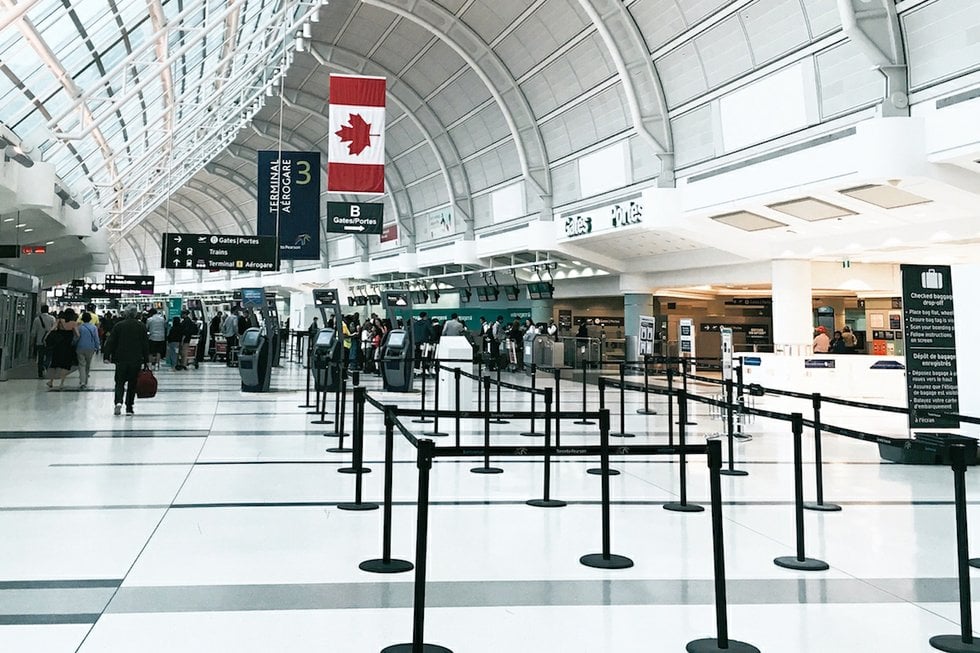
My dad’s spring break is not going as planned. Lately, every time he calls, he regales me with the wonderful things he’d be doing in New York right now if the COVID-19 pandemic hadn’t closed the U.S. border to all but essential travel and his flight hadn’t been cancelled under the same stipulation.
Now, with little to do while taking proximity precautions, the 73-year-old retiree is consumed with a new mission: getting his money back. I get those updates too. His latest dilemma: “If I bought Mets tickets from a reseller, how do I make sure MLB refunds the money to me and not them?”
I don’t know, Dad. But what I do know is what you should do if, like my dad, coronavirus put the kibosh on your travel plans and you’re stuck on hold trying to get a refund.
Tactic 1: Travel insurance
You may have charged the full amount of your trip to a credit card with trip cancellation/interruption insurance you also may have it through work or maybe you bought it before your trip. In all cases, this type of insurance refunds travel expenses when you cancel or interrupt your trip. What your policy refunds – under what circumstances and for how much – depends entirely on your benefit agreement. That’s why, before you hit the phone to file a claim, you need the following:
- The details of your trip, including what it was and why it was cancelled
- The rules and regulations of the product that would cover you
- All the relevant background documents you can find.
Benefit agreements for credit cards with trip cancellation/interruption insurance (like TD First Class Travel Visa Infinite or Scotiabank Passport Visa Infinite) are online and supporting documentation doesn’t stop at itinerary. Gather relevant emails, text messages, screenshots and news articles. But most important – be patient.
“You’ve got to bite your lip. Don’t get frustrated. Don’t take out your anger and frustration on others,” says Robin Ingle, CEO of MSH Americas and a travel insurance, crisis management and health-care specialist for 42 years. “This is not a normal situation, it’s a global situation…. Companies are bureaucratic structures based on what they’ve done and what they know, but there’s nobody alive who has faced this. Companies and governments are scrambling.”
Okay, but will trip cancellation/interruption insurance actually cover COVID-19? In the case of TD Insurance at least, you might be covered if you booked prior to March 13 when Canada’s global travel advisory was issued.
Tactic 2: Credit card chargebacks
Still, maybe you just don’t have the patience to sit on hold for two hours only to be offered another trip on a different date with the same airline – as some loyalty programs and airlines would have you do. Maybe you just want the money, right the hell now. In that case, your best bet is a chargeback.
“A chargeback is a clear signal to Expedia, Air Canada or whoever that this is on your radar and it’s important to you to get your money back, not as a credit for future travel. They have a contractual obligation to get you from A to B on the dates and times you agreed to and if they’re not doing that, it’s your right to file a chargeback,” says Jordan Bishop, founder of Yore Oyster, a Toronto-based online community dedicated to helping travellers save money.
You have 30 days to file a chargeback from your statement date and the merchant has 30 days to respond. If they respond, then a back-and-forth process happens and at least you got their attention. If they don’t respond at all (likely during a pandemic) Bishop says your credit card is automatically refunded.
“The important thing when you file a chargeback by phone or email is showing your credit card issuer proof that you tried to resolve this directly first. Once you do, that starts the clock for the merchant to respond,” says Bishop.
Tactic 3: Local travel agent
One of the quickest ways to get your money back may be to have your travel agent go to your trip provider on your behalf, especially if they work for a small and local agency.
“If you’re working with a local travel agent, someone with a face and a name who you could call on the phone right now, that’s a pretty good scenario to be in,” says Bishop.
Local travel agents push hundreds of thousands if not millions of dollars to the big airlines every year, so the airlines will be more flexible with them and Bishop says will likely grant a refund.
You might forego traditional channels for personal connections in the travel industry, but beware, even they can’t help everyone.
Instead, Bishop offers this advice: “Thank the person for being so generous with their time when you open the conversation, this way they will want to fulfill that expectation and may do more for you than the next caller just to be seen as that generous person.”












